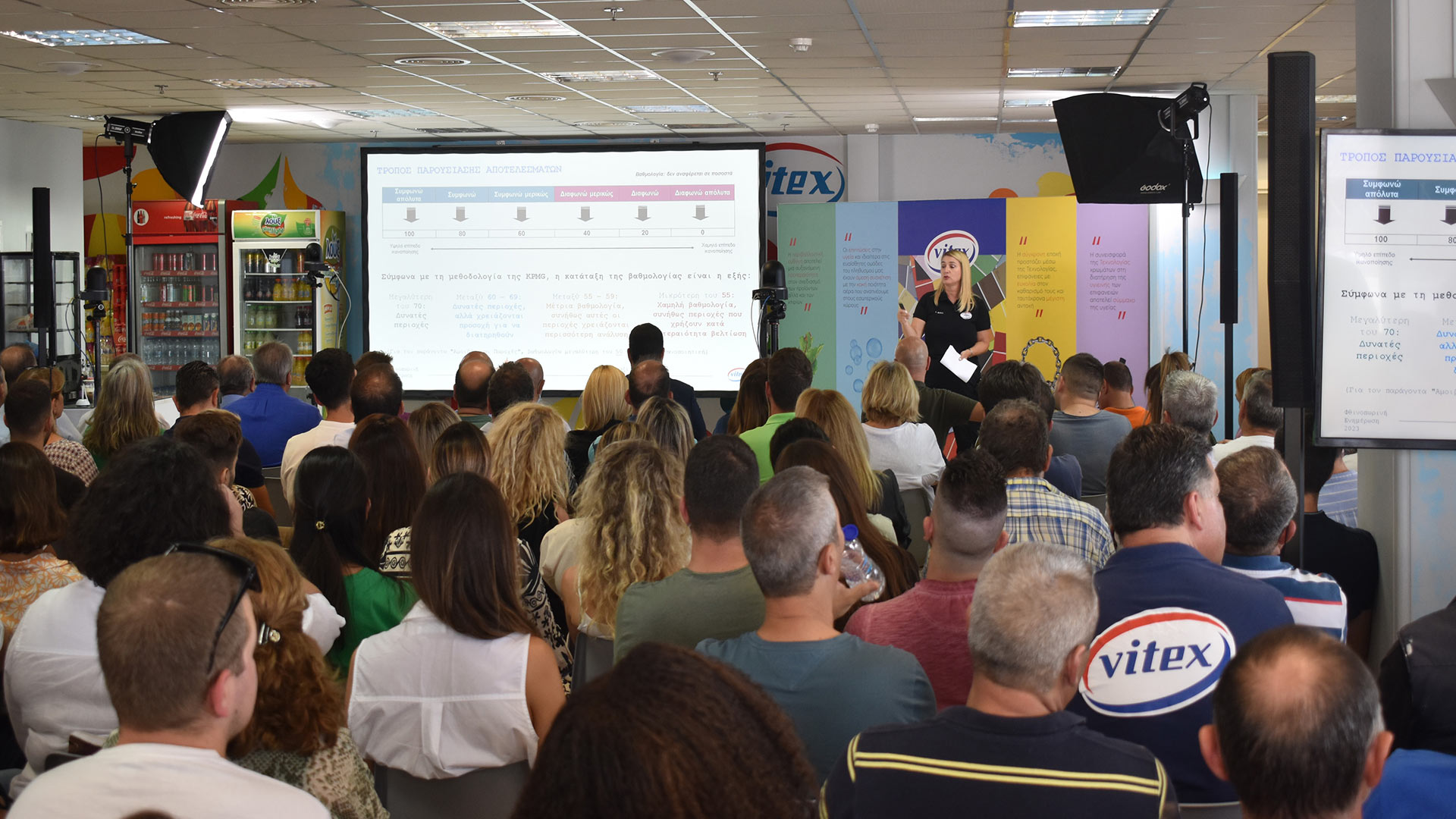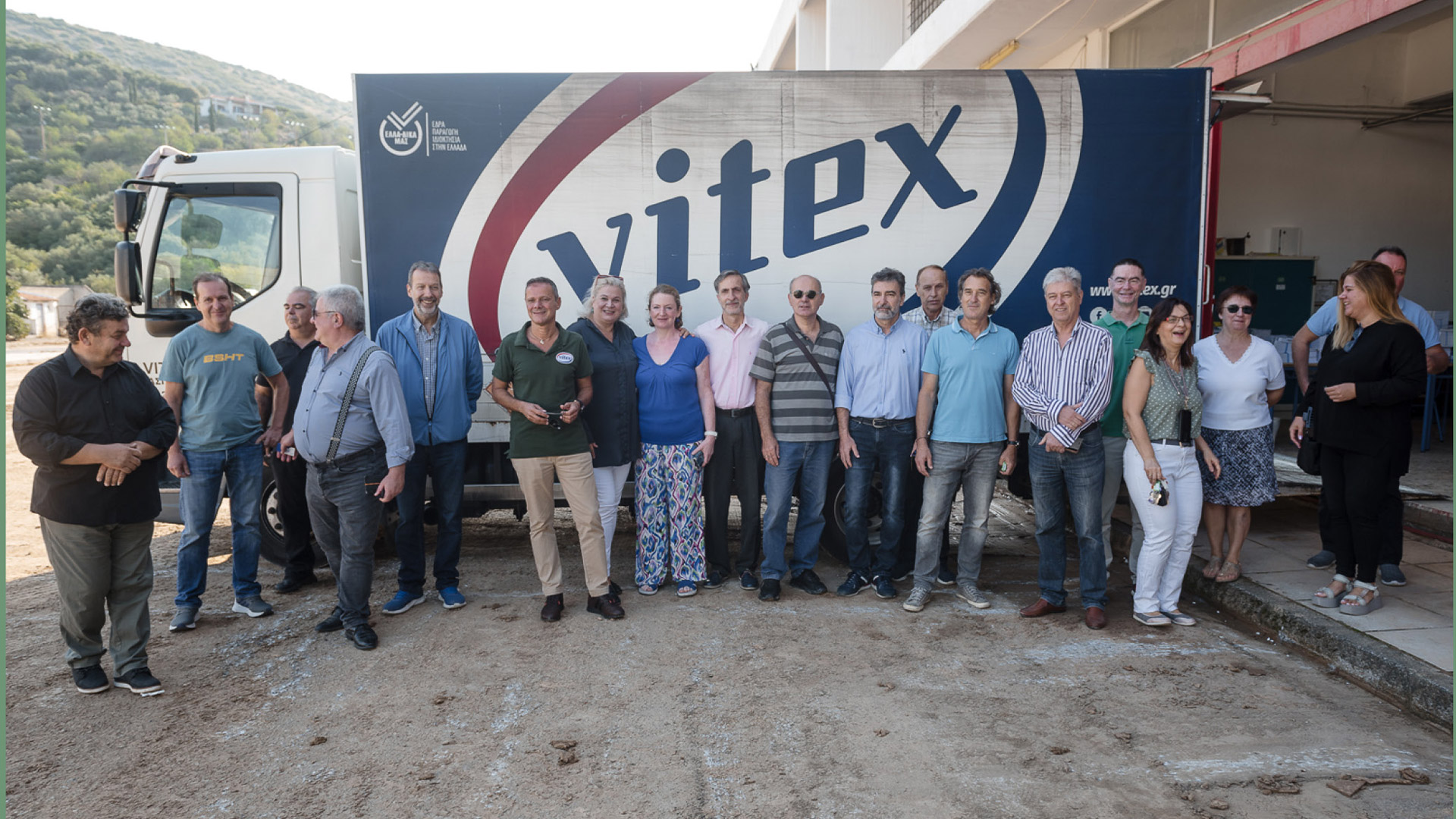
Employees
We cultivate an environment of excellence, respect, and trust, laying the foundation for the growth and wellbeing of our people, who are our most valuable asset. This is essential for achieving our strategic objective, ensuring long-term sustainable growth, and maintaining our competitive edge. We operate responsibly, placing our workforce at the heart of our activities, supporting them throughout their professional journey and career advancement.
The central pillars of our culture and long-standing strategy are:
- Protecting health, safety and well-being
- Merit-based recruitment
- Ongoing training and merit-based evaluation
- Providing above-market compensation and benefits
- Maintaining and strengthening labour relations
- Open and unhindered communication
Customers
We follow the human approach, taking it a step further and focusing our attention not on the “customer” but on the “person”, to identify and satisfy their needs. We are building the new Family To Family (F2F) sales model, which is mainly based on our in-depth knowledge of the needs of our customers and their buying processes, on the mutual trust that exists between the previous generation of Vitex’s founders and the fathers of today’s paint retailers, and on the investments carried out by the company to facilitate the growth of retailers’ stores.
In this way, we create relationships of long-term value by focusing on the human factor and human relationships – which are being tested more than ever at this time – striving so that our customers enjoy competitive advantages with us that cannot be achieved by the competition.


Social Contribution
Since its founding, Vitex has continuously operated with sense of responsibility and contribution to society as a whole. To us, responsible entrepreneurship extends beyond support for local communities and is directly linked to the broader corporate footprint in local communities and the environment.
The Company is constantly updated regarding the needs of the local community and responds sensitively to issues which concern it. It assesses and prioritises needs and then designs and executes programs and initiatives to address real and important needs (support for vulnerable social groups, issues concerning employment, development, education, health, environment and culture).
It responds to emergencies (for example natural disasters) beyond the established programming of the social responsibility plan, it encourages volunteering and supports initiatives for the sustainable development of local communities.
